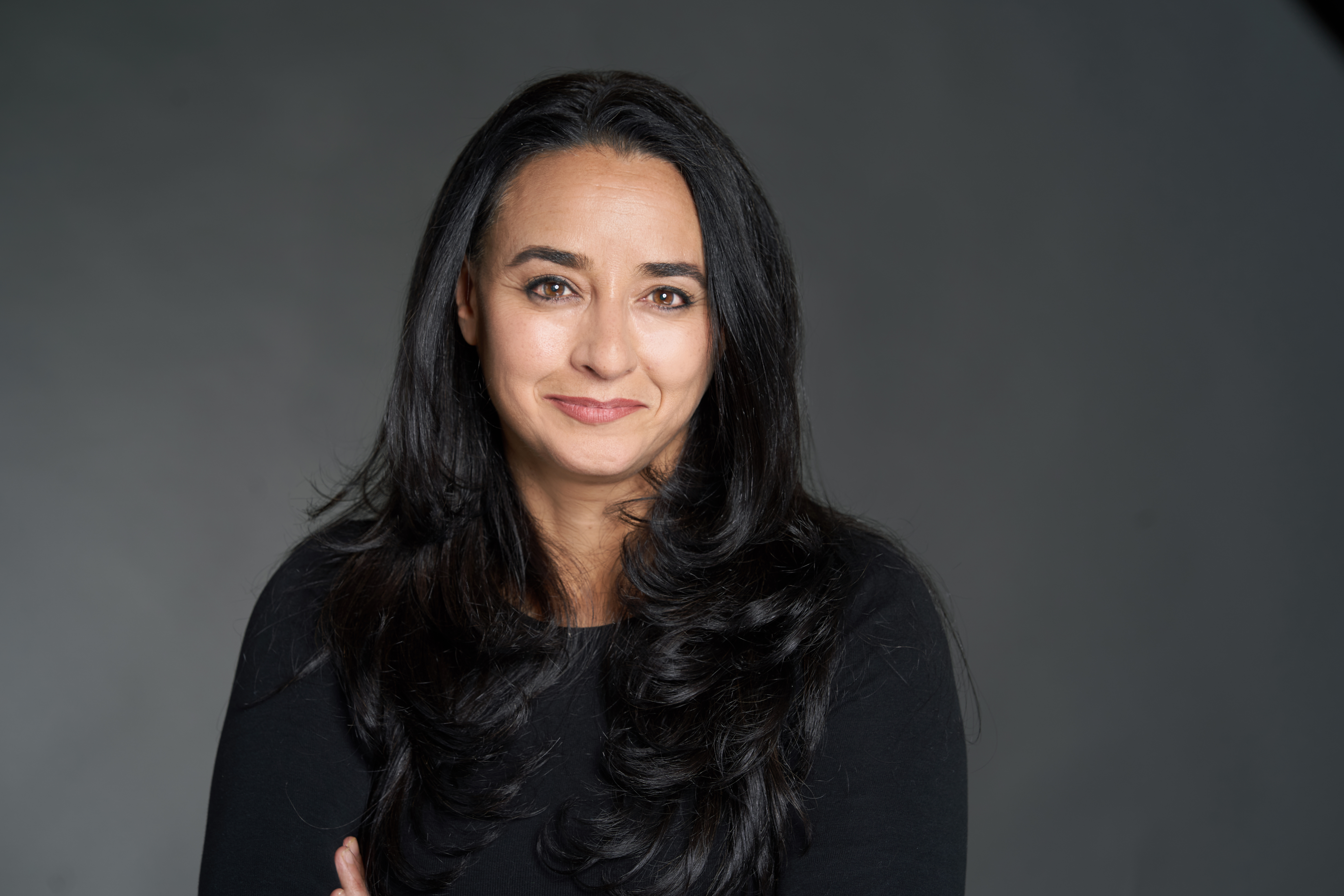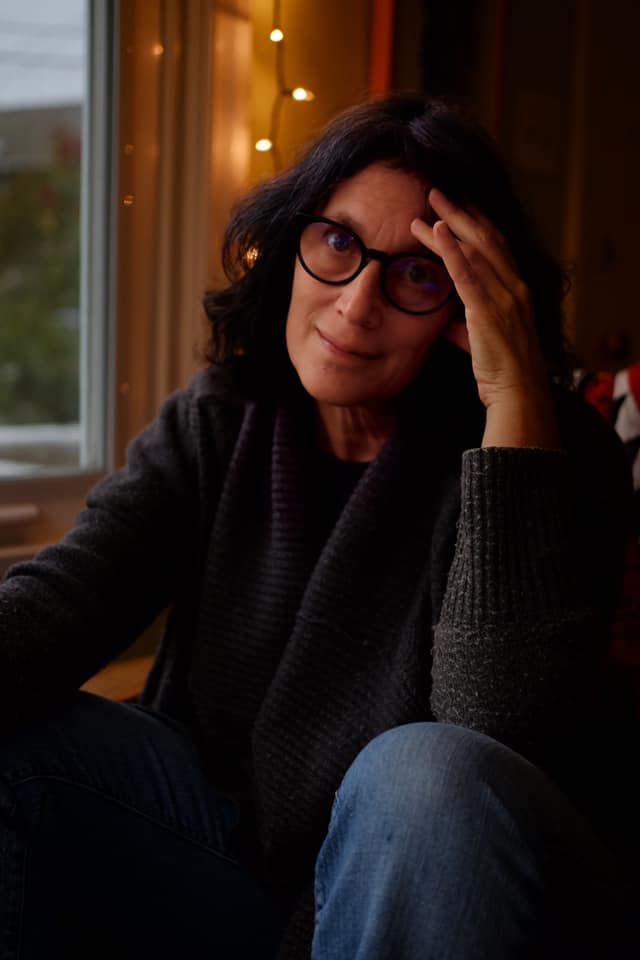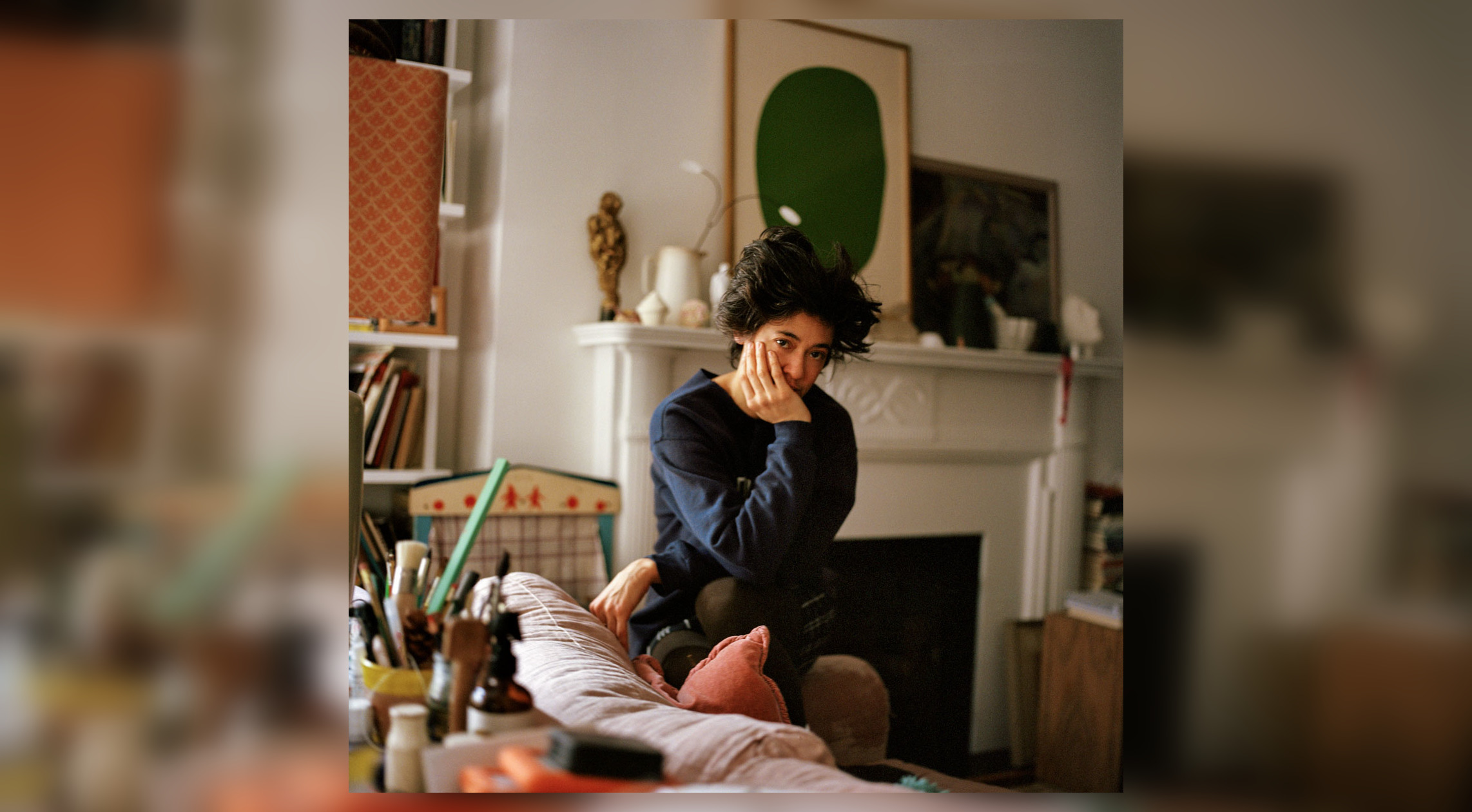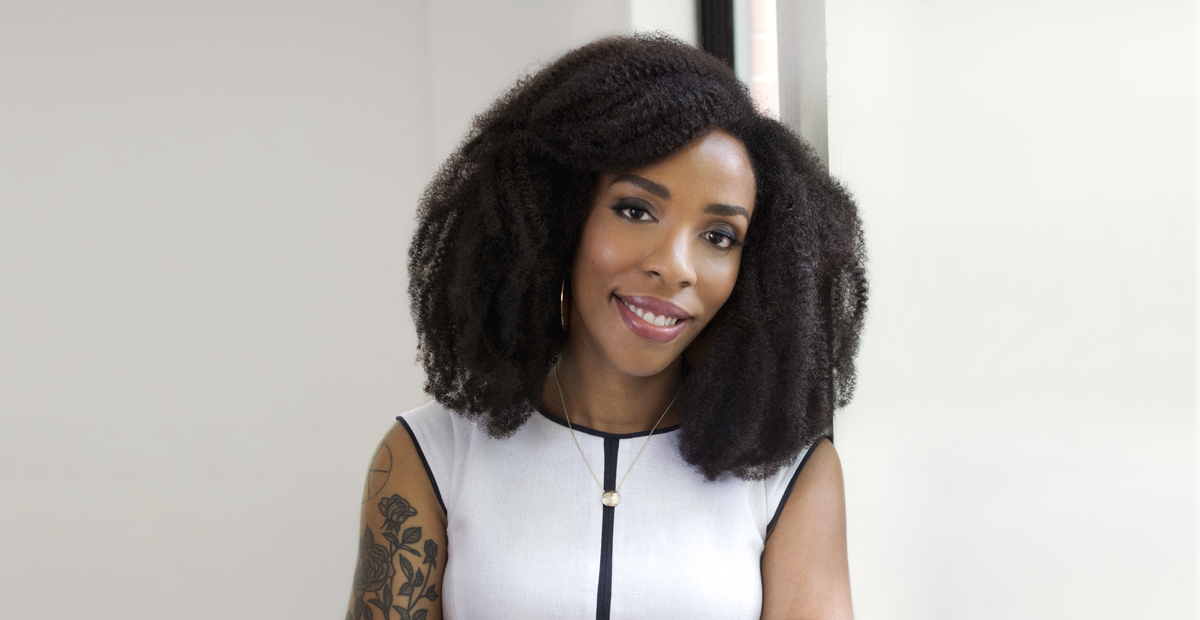Soraya Chemaly’s Rage Becomes Her: The Power of Women’s Anger, her first book, is a provocative, enlightening, and often depressing piece of nonfiction about women and their anger. Each chapter is thematically oriented and researched to startlingly lucid detail, using a lens through which women and men are compared in order to highlight the savage disparities between the two. These topics range from the bleakly mundane, like workplace relations and domestic labor, to the downright harrowing; a particularly difficult chapter to digest recounts sexual assault cases (many ending in rape and murder), listed one after the other like a morbid shopping list. It may sound off-puttingly clinical, but that’s entirely the point. Chemaly’s voice is research-driven, and impeccably so; allowing the pervasive everyday of gender bias to wash over the reader without their immediate knowledge.
The day I finished reading Rage Becomes Her, I had five encounters with men over 12 hours that made me feel varying degrees of discomfort, guilt and shame. I started my day by sharing the A train with a dude who was swearing loudly, telling women to give him personal space on the crowded subway. When I made my connection to the 1, I recounted this dialogue to my friend; during which, an older gentleman interrupted us, telling my friend she “looked really creative,” gave her his card, and asked for her first name. Later in the day, I relayed both of these interactions to my girlfriend in a Lyft, during which our driver interrupted to ask what I was talking about. Then my girlfriend and I went to a concert, where the male bartender became aggressive when he got my drink order wrong; and after that, in the car home, my friendly driver asked multiple times if I had a boyfriend.
These things happen to women all the time; tragically, we are conditioned to accept them. But I experienced an unprecedented sense of rage — a reddening of my ears, a clenching of my fists where I wanted to yell — and I realized it was because Rage Becomes Her had offered me an agency over my anger, a right to be furious, that I had never really felt before. These interactions were not out of the ordinary — they are almost quotidian by now — but for the first time, I didn’t want to shrug it off. I wanted to get mad. Chemaly graciously took time out of her busy book tour to talk to me about Serena Williams, #MeToo, and the realities of being a feminist parent.
I thought I’d start off by asking you about your take on the very recent, and rather devastating, developments of the U.S. Open Women’s Final. What did it say to you about how women’s rage is policed — particularly women of color — within archaic institutions?
Honestly, I think that more than the incident itself was what came in the immediate and long-term wake of it. It was clear that Williams herself was very aware of what was happening, and what its meaning was. She immediately took Osaka under her wing and spoke to her. These were not the images people necessarily selected. There were a lot of pictures of her looking unhinged like the “angry black woman.” But she also explicitly said, “We have to be able to show our emotions and not be sanctioned in these ways, but I know that didn’t work out for me. Maybe because I did this, it will work out for someone else.” She’s very self-conscious about the dynamics, and as a black woman, she had to constantly be calibrating her effect and that’s something that resonated with many black women and women even more broadly who are aware of always having to not be perceived as irrational, unhinged, et cetera. I think that one of the more important outcomes of this is to think about how exactly she was penalized. Calling him a thief for defending her honor—she was fined the biggest ever U.S. Open fine for verbal abuse. There’s just no shortage of examples of men acting in far more abusive and egregious ways, and I think that’s very telling. I think that says a lot. I think it’s a pretty rich example of how nuanced and how complex and then also how simple it is. And I’m sure you saw the cartoon where Osaka is portrayed as a smiling docile blonde ponytailed demure girl. Absurd on so many levels.
Do you think this book would have been harder to sell before the social phenomenon of #MeToo? By that I mean, do you think this book would have been welcomed into the mainstream beforehand? It does feel like one of the first books that really engages with that in the current moment.
I’m glad to hear that. The first proposal for this book was written a year before #MeToo, and it was — I was put under contract in Jan or Feb. I was actually writing the book – I was three or four chapters in as #MeToo rolled out. It just so happened that I could — in the wake of #MeToo I had to go back in and I had to add that to the chapters on silencing and denial.
Following on from that; you have a chapter in your book, “There Are No Words,” which deals with #MeToo and the pervasion of sexual harassment, but I was wondering if you could speak a little more to your personal experience of being a writer/cultural commentator during this time when, for women, the ideas behind #MeToo are hardly revolutionary. Writers like Gloria Steinem and Judith Butler have been writing on the subject for decades. Now, it’s prime commercial fodder for print media and pop culture at large. From your perspective (considering you yourself have been in the field for a long time) does it feel like there’s been a significant shift?
Yes, I’ve felt that. Three years ago, if I wrote the words “white male supremacy,” I got a lot of pushback. A lot of pushback about that. I don’t think that’s true today in the same way. I think that editors who tend to be, you know, white men, a lot of them, particularly in well-established publications, that’s a profoundly uncomfortable expression, which is in and of itself an expression of privilege; the fact that that expression can make not just these editors uncomfortable, and that’s men and women – the pushback was from men and women – but they can then act on that discomfort. I want to say it was maybe December or January after the election, I remember saying that on an NPR program called Indivisible, and the hostess on the program really pushed back. She said, “You know, this is a matter of opinion,” and I was like, “Actually, no it’s not, it’s not a matter of opinion. Let’s just talk about these facts and what they represent.” She was very uncomfortable, and so in the show I said, “We should really interrogate this idea of why the word supremacy is so unpalatable to you.”
I was going to say; it is that word “supremacy” that was so stigmatised for so long, and would still be to so many people.
Totally. And the words do matter. What I’m interested in in the wake of #MeToo is that discomfort; the discomfort that men have this all tied up in their masculine identities as acknowledging what women’s situation is, and frankly acknowledging the privileges we never talk about, like the freedom to speak without being harassed and interrupted and assaulted constantly. When you go through it — I think i quoted Robin Morgan who said many years ago, “You go through a period where your sensitivity is overwhelming.” I know that. That’s happened to me two succinct moments in my life, and you get past that, but it’s almost like you have to go through that conflict and assess what you’re going to do with this consciousness you have.
As a queer woman, I really appreciate that you explicitly make clear the existence of more fluid expressions of gender, and that this book largely exists in a binary not because you see the world to be as such, but because society makes it so. You include a quote from trans activist Julia Serano that the antitrans sentiment she faces can “better be described as misogyny.” During the research process, did you notice any glaring omissions re: rage and trans or nonbinary folk? Do you see Rage Becomes Her as an attempt to fill that gap?
Honestly, I think that it’s inadequate from that perspective, only because even seeking it out — and I really did try and find information — it’s just not there. So there’s a group of us who work on issues of online harassment and gender-based violence, and we came together several years ago on this issue of being able to construct research from the perspective of knowing that you need intersectional data because it doesn’t exist. So some of the people in the room were academics, some of us were writers and activists, and we kept coming around over and over again to how the phrasing of the question perpetuated the problem that we were trying to address. The only entry point that I had that I could explore were not studies about fluidity and emotional expression so much as studies about specifically masculinity or femininity. Even then as I wrote, those were binaries, and so the things that I found which I found immensely insightful were the words of trans people who were able to articulate their own experiences, and a little bit of research about how men and women who, in their affect, are very much like their “opposite” sex, and to have better emotional regulation. But there was not a lot of that.
That’s really interesting. I like what you said about the way that the question is framed either enforcing or being able to create more fluid space.
That’s exactly right. The question is really — people will throw studies at you. I know this is going to happen to me. I looked at literally hundreds, if not thousands, of studies. Some people will [say I’m] wrong. I will have interpreted some things wrong, probably made a mistake. But I find it interesting that — to me, the more interesting question is how the study was framed right from the start. I kind of laugh, because we were talking about things like online harassment, but every time Jack Dorsey says — like with Alex Jones, where he says “Alex Jones didn’t violate our rules,” and then he closes the door. Well, you wrote the rules. You framed the rules. You created the context in which he wouldn’t break the rules.
I agree with that. It’s like how an empowering radical feminist Facebook group can get banned because it violates the guidelines, but a white supremacist group can stay. It’s absurd.
It’s completely absurd.
On that research note I brought up earlier: I may be projecting here, but as a nonfiction writer I am always daunted by the prospect of incorporating research into my work. This book read as impeccably thorough in that department. Do you have any words of wisdom for tackling such hefty topics?
I would have to first say that I am very lucky in one regard, which is that I have the ability to read very quickly, which I take as a real gift. That’s difficult for some people, because it just takes a lot of time to read. We need to be reading. I think that if you’re a writer, automatically you have a natural curiosity. There’s just something to me implicit in writing about that fact. In some ways, the research is a form of armor. I know there are people who will never be convinced by fact, but it’s very important, particularly as a woman, or a person who has multiple marginal identities, to acknowledge the lack of credibility that we have in the public sphere. That’s just fact. It’s an unpleasant fact, but we don’t get to get away with just asserting our statements. Whether they’re backed up by fact or not, we have to constantly provide support. I think that after literally years of writing, it’s very much second nature to me. I also want to be prepared. I want to be prepared, and I also want to understand where I may be wrong. I don’t want to engage in confirmation bias. I actually would like to suss out the truth, so the research helps me do that, I think.
That’s very comforting to know. If I’m just writing for a few more years, it’ll become second nature to me. I like that idea.
It does become habit though.
Keeping that in mind, I’d like to dig into the title of this book a little bit: Rage Becomes Her. As I continued to read, I felt like the “Her” in the title primarily applies to mothers, or maternally-inclined women. Who do you consider the “Her” to be in this context? Is it more inclusive than my interpretation?
That’s so interesting. So, I actually was really very conscious of this idea of the genealogy of anger. The way we transmit ideas intergenerationally. I go back and forth between my great-grandmother, my grandmother, my mother, myself, my daughters, and that was quite conscious. I wasn’t really thinking of the “Her” necessarily in that way only. I was really thinking about the ways in which for women in particular, rage and anger are so evidently material in our bodies. The actual becoming of ourselves. I wanted to address multiple things. One was that. The second was the disillusion of the binary between our bodies and ourselves. Our bodies and our brains. That idea that this is a concrete thing in our lives, and that it informs not just this emotion in the ether in a disembodied sense, but the stuff that we’re made of. And I also thought, you know, we’re all so used to being taught as young girls to be prototypically feminine and pretty, and becoming.
Like debutante balls; they’re confirmations.
That’s right, they’re confirmations and social validations. I wanted to say, you know, we’re told that this anger is ugly, but I want to say that it’s beautiful.
I want to talk about audience for a minute. Who do you envision reading this book? Is it for exhausted straight women to give to their male partners who just don’t *get* it? Is it for women who have never really engaged with feminism before?
I’m so glad you asked this question because I spent this morning writing a short memo to myself about writing an article. Literally on my phone at the crack of dawn. Here’s what we know. We know men don’t read books by women, and we know they don’t read books by women about other women, and God forbid, it’s women about other women and emotions. Then they’re really screwed, right? What’s interesting to me is, what I’ve heard from many women is they’re grateful for the validation and the feeling they’re not crazy. I understand that. But if every woman could take the book and hand it to any man — any man at all — that would be good, because men aren’t going to pick up this book. But I will say this: there is this double standard that we need to shed light on immediately. It’s reflected in the book. The double standard is that if I write a book like this — or Brittney Cooper’s Eloquent Rage, similar — those books get shelved in bookstores or Amazon under Feminist theory or Gender Studies. The only people who see them are people who are already interested in that. But you look at a book like Michael Kimmel’s Angry White Men and that is automatically put under Politics, Political Science, and Sociology. Already, just in the distribution and marketing of the books, you see a very binary, sex-segregated, stereotypical and biased presentation of the content that inhibits the exposure of women’s ideas to a broader audience. I cannot say enough how frustrating that is, because in point of fact, the books are not that different. We’re talking about the legacies of these ideas about who we are and how our identities function in society. My book is explicitly about the social construction of anger, and the personal professional and political ramifications, and yes, there’s feminist theory in it, but in fact, it’s in synthesis with sociology and psychology and political science.
You yourself have daughters, and you often use anecdotes around being a parent/mother to guide the chapters into more research-based territory. Was this a difficult book for you to write in that way? Knowing that your children have all this societal “conditioning” ahead of them, or have experienced it already? Or was that one of your driving incentives; wanting your daughters to have a resource where they can quantify, and understand, their frustrations, and the validity of using anger in a positive way?
I think yes, but my daughters are older now. They age through the book. That was quite conscious too, because of the chronology. But for better or worse, my daughters are my daughters, so they grew up with everything you saw in that book. I think the tension is, if you’re a feminist parent, any feminist parent is like, how much is too much information? And when do you give a child information? What is frightening versus what is helpful? And those conversations have to be daily conversations. You can’t just dump information on people at a dinner table when they’re fourteen. If you don’t start when they’re small, providing them with the language and structure and framework for thinking about it, it’s much harder. You know, when I think about what black mothers go through in terms of having to prepare their children, it’s much more immediate and dangerous for the parent of a black girl. Certainly for a parent of a black boy, but it’s different for the parents of black girls too. They are similarly facing mass incarceration, sexual violence, degradation, and so what I find interesting is that by the end of high school, which I wrote about, black girls and black boys have the smallest gap in self esteem, and black girls are the only cohort in which girls have higher self esteem than boys. I think that’s really important to acknowledge, and to think about why that is. What is it that black parents have to do? And they have to do some pretty difficult things to make sure their children are safe and well. What is it that they’re doing? That’s really the question for me.
I remember that moment in the book from your perspective, when one of your daughters wants to go down the road to get an ice cream, and to have this intense emotional response to it — and it’s really effective, because you’ve told us earlier that you and your daughters were followed home on multiple occasions when they were younger. I’d never considered that from the mother’s perspective.
Yes, because you know what that feels like as a young woman. You know when you feel competent and free, and then you’re forced to acknowledge that that’s irrelevant.
I was reading it and I was like, oh god, I must have given my parents so much grief growing up.
Me too.
The book ends on a powerful note: a pragmatic, helpful guide navigating anger productively as a woman. It feels like a significant and exciting tonal shift, as the preceding chapters were research-driven and felt more sociological to me. Was this a conscious decision? Did you want to end on a practical, call to arms note?
It was, yeah, and honestly, it’s so personal. I am very aware of the cycle of depression and despair that can kick in when you learn everything in the space. Like, really? This is so frustrating, and it’s so tiring. What happened with each chapter is I would get to the point where I thought, well, what did I do? What do people do? What’s the best approach for us? It made a lot more sense as I was writing to pool those all together in one place. Because very often, regardless of the content in any particular chapter, the response was the same, and could be condensed into one of these larger areas. And I wanted people to read the book and really think at the end about the creativity and joy and compassion that can go into this, and what this emotion is part of, instead of the endless feedback of negativity that we think about.
Well, it really worked. It ends on such an empowering note for a book that deals with such heavy material.
I’m so glad. Well, thank you, so much.
Photo Credit: © Karen Sayre




